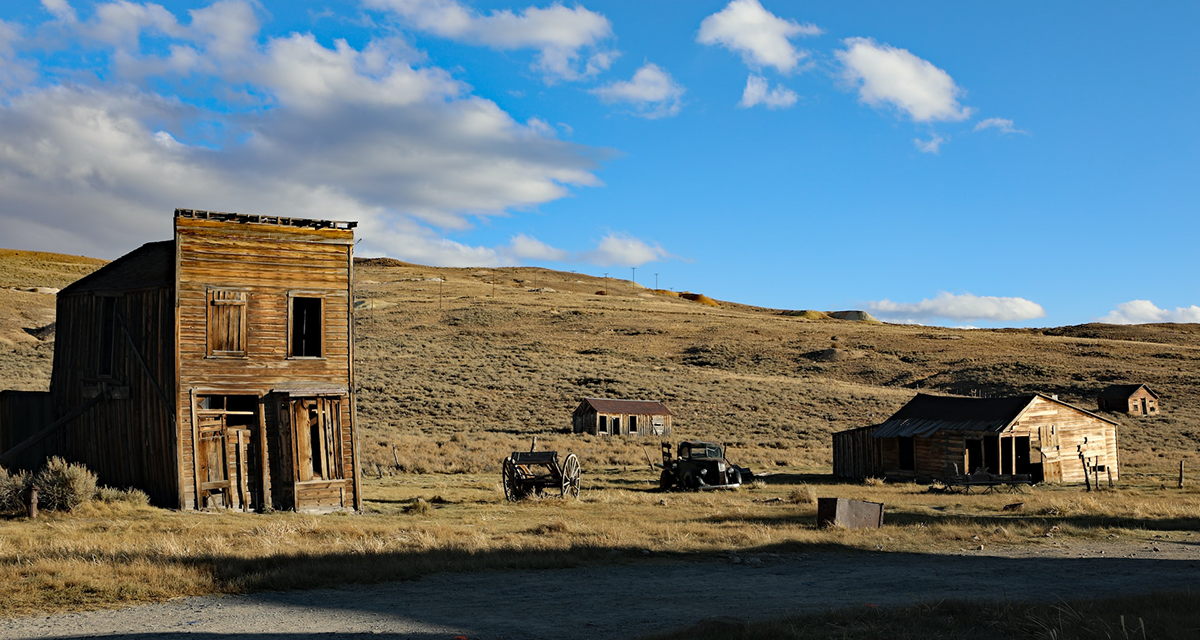In 1848, a discovery at Sutter’s Mill sparked a phenomenon that would shape the destiny of California and the nation.
The Gold Rush was a pivotal event in American history, one that set off a tidal wave of hope, ambition, and adventure. Here unfolds the story of the Gold Rush, a chapter of the past that continues to glimmer with tales of fortune, feats, and the forging of a state’s identity.
The Discovery that Started it All
It was in the American River that James W. Marshall found flakes of gold, a discovery that would remain largely under wraps until President James K. Polk confirmed it.
Once the news broke, it triggered a mass migration as people from across the United States and worldwide descended upon California, all driven by the promise of wealth.
The Fever Spreads: A Surge of Gold Seekers
The influx of prospectors, known as ’49ers, in the year 1849 was overwhelming.
Towns sprang up overnight, and San Francisco grew from a small settlement to a bustling port city. Prospectors set up camps along the rivers of the Sierra Nevada, panning for gold and hoping to strike it rich.
Life in the Mines: The Daily Grind
The pursuit of gold was far from the romantic adventure many imagined.
Mining was backbreaking work, and the living conditions were harsh. Camps and boomtowns were rife with challenges, from lawlessness to labor disputes. Yet, the potential for an unprecedented payday kept the miners digging.
Cultural Impact: The Melting Pot of the Mines
The Gold Rush was more than just a quest for mineral wealth; it was a social and cultural melting pot.
Diverse communities emerged, with miners from China, Europe, and Latin America contributing to California’s cultural fabric. The Gold Rush also had profound effects on Native American populations, often leading to tragic outcomes.
The Bust: A Golden Legacy
As the easy-to-find gold dwindled, many miners left empty-handed, their dreams unfulfilled.
Yet, the Gold Rush left an indelible mark on California, leading to statehood in 1850 and laying the groundwork for its future as a leader in agriculture, commerce, and innovation.
The Gold Rush’s Role in California’s Development
The Gold Rush was instrumental in developing California’s economy and infrastructure.
Railroads expanded, banks were established, and agriculture flourished to meet the terrific needs of the growing population. Even today, California’s prominence as the Golden State is a nod to its Gold Rush roots.
Q&A: Sifting Through the Lore of the Gold Rush
The story of the Gold Rush is rich with details and anecdotes. Here are some insightful queries that shine a light on lesser-known aspects of this historic event:
Q: How did the Gold Rush change the demographic landscape of California?
A: The Gold Rush drastically altered California’s demographics, increasing its population from around 1,000 to over 300,000 in just a few years. It turned the region into a mosaic of ethnicities and cultures, shaping it into a diverse society.
Q: What environmental impact did the Gold Rush have?
A: The methods used to extract gold, such as hydraulic mining, devastated California’s landscape, causing erosion and pollution that altered rivers and soil. The environmental impact is still evident in some areas today.
Q: How did the Gold Rush influence global migration patterns?
A: The allure of California’s gold brought immigrants from across the globe, creating a worldwide migration pattern that included significant numbers from China, Ireland, and Germany, among others.
Q: What legal and social structures emerged from the Gold Rush era?
A: The rapid population growth necessitated the development of legal and social structures. Property laws, law enforcement agencies, and even vigilante justice systems were established to maintain order and address the needs of the burgeoning population.
The Resonating Afterglow of the Gold Rush
The California Gold Rush remains a seminal period in American history, a time of transformation that is still reflected in the state’s entrepreneurial spirit and diverse culture.
While the gold fields may have quieted, the stories and impacts of those frenzied years continue to be felt.
As one reflects on this monumental event, questions arise about how history shapes a region’s identity and how the echoes of the past can still be discerned in the present.
The Gold Rush is a reminder that the search for riches can lead to much more than just material wealth—it can forge the character and destiny of a place and its people.





